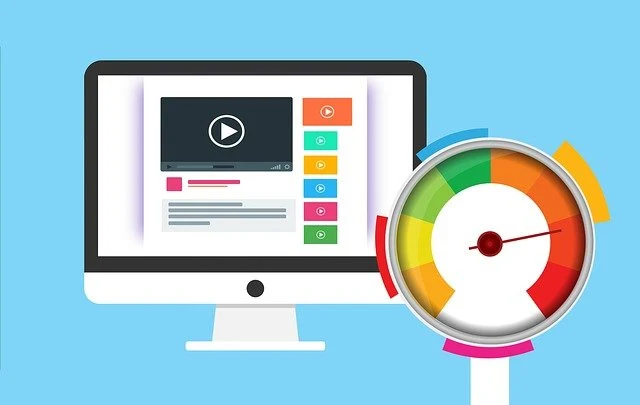A website is the first impression of your business on the potential customers. Many aspects matter such as, the interface of your website, the content, the responsiveness, and the load time. If your website is slow, there is a possibility that your potential customer won’t wait for it and will switch to the competitor ASAP.
Slow page speed can lead to many problems including user experience, bounce rate, search performance, and revenue. As per a research, 53% of users bounce if there is a 3 second delay on mobile devices.
It is important to keep your website up to date and your load time minimum. Here are a few tips on how to improve your websites load time.
1. Optimize Images and Videos
We all upload images and videos on our websites to make it more user friendly. This is important! However, heavy images and videos might slow down your website’s performance. For instance, if you have an e-commerce story and are offering trending costumes like Carrie Bradshaw Outfits – you need to optimize the images of the costume.
In order to minimize this issue, it is important to optimize the images and videos you upload on your website. You can do this by sizing your images appropriately, use images in JPEG format, compress all photos and videos, or you can also embed using a 3rd party video hosting platform.
2. Reduce the Number of Plugins On Your Website
If your website is established on Wordpress – plugins can do wonders for you. You can add custom plugins on your website to add functionality, clean up your code, improve your user experience, and a lot more.
These plugins can be extremely useful, however a lot of plugins on your website can cause it to slow down. One should always keep a check on the plugins that are not being used and remove them so the website doesn’t slow down.
3. Reduce Your Redirects
It can be useful to put a redirection to your website but a lot of redirects can lead to reduced load time. Every time the page redirects it somewhere, it delays the HTTP request and response process.
Of course, redirecting is necessary on some pages, eliminating unnecessary redirects can significantly increase your load time.
4. Enable Browser Caching
Browser caching is essential to reduce your website’s load time. It enables the browser to collect and store a range of information like spreadsheets, images, JavaScripts, etc. so it doesn’t reload the entire page every time a user comes to your website.
There are a lot of plugins on Wordpress if you want to enable this technique. This would significantly reduce the load speed of your website resulting in better results.
5. Move Your Website to a Better Host
There are three types of hosting – shared hosting, virtual private servers hosting, and dedicated server. One of the most popular hosting is sharing hosting. However, it is not as fast as dedicated hosting. A Dedicated Server is one of the most expensive ones which can also be your own physical server.
Be it Wordpress, Shopify or Laravel it is important to ensure you have a good host that won’t compromise your website’s load time.
6. Reduce the Size of Web Fonts
Choosing the right font size is necessary to have a good website look. Unfortunately, these web fonts have a negative impact on the load time of the website. Web fonts add additional HTTP requests to external resources that leads to increase load time.
To reduce the impact of web fonts on website, you can practice the following:
- Use modern formats WOFF2 for modern browsers
- Include only the character sets that are used on the site
- Choose only the needed styles.
These above mentioned practices can help your website have the most attractive web font and ensure that the load time is minimum.
7. Detect 404 Errors
A 404 Error refers to a “Page Not Found” error. It occurs when a link is clicked and the page has already been removed or no longer exists.
These 404 Errors can significantly increase your website’s load time. You can include plugins that would help detect these 404 errors so you can remove them and ensure the load time is good to go.
Conclusion
Getting the perfect load time is difficult but highly significant to the overall performance of your website. The ideal time for your website to load is 2 to 5 seconds. You can keep a check on your website’s load time via GT Metrix.
Audit your website and make sure to have minimum load time in order to make sure that your website is running orderly. A good load time can definitely help your brand with conversions. The effort you put in to decrease your load time would definitely be worth it.


Post a Comment